Our skin is not just the outer covering of our body; it is a reflection of our overall health and well-being. A healthy and radiant complexion can boost confidence and make us feel good about ourselves. On the other hand, skin problems can lead to discomfort and lower self-esteem. In this article, we will explore various ways to help your skin achieve its best potential.
Understanding Skin Health
2.1 The Importance of Skin
The skin is the largest organ of the human body and plays a crucial role in protecting us from external aggressors. It acts as a barrier, preventing harmful substances from entering the body while retaining essential moisture and nutrients. Healthy skin also aids in regulating body temperature and synthesizing vitamin D.
2.2 Factors Affecting Skin Health
Several factors influence the health of our skin, including genetics, age, and environmental elements. Exposure to pollution, ultraviolet (UV) rays, and harsh weather conditions can damage the skin and accelerate aging. Additionally, poor lifestyle habits such as smoking, lack of sleep, and an unhealthy diet can negatively impact skin health.
The Role of Nutrition in Skin Health
3.1 Hydration and Skin
Proper hydration is vital for skin health. Drinking an adequate amount of water throughout the day helps maintain skin moisture, making it appear plump and radiant. Dehydrated skin can become dry, flaky, and prone to wrinkles. Therefore, staying hydrated is a simple yet effective way to improve your skin’s overall appearance.
3.2 Antioxidants for Healthy Skin
Antioxidant-rich foods play a significant role in maintaining youthful skin. Fruits and vegetables like berries, spinach, and tomatoes are packed with antioxidants that combat free radicals, which can otherwise damage skin cells. Including these foods in your diet can help promote skin elasticity and a more youthful complexion.
Skincare Routine for Healthy Skin
4.1 Cleansing and Exfoliation
A proper skincare routine begins with gentle cleansing to remove dirt, excess oil, and impurities from the skin. Exfoliation is also essential to get rid of dead skin cells, allowing fresh skin to emerge. However, it’s crucial to avoid over-exfoliating, as it can lead to irritation and sensitivity.
4.2 Moisturization
Moisturizing is a crucial step in any skincare regimen. A good moisturizer helps lock in moisture, keeping the skin hydrated and supple. It also acts as a protective barrier against external irritants.
4.3 Sun Protection
Protecting your skin from the harmful effects of UV rays is paramount. Always apply sunscreen with adequate SPF before stepping out, even on cloudy days. Sunscreen helps prevent sunburn, premature aging, and reduces the risk of skin cancer.
4.4 Treating Skin Issues
If you have specific skin concerns like acne, rosacea, or eczema, consult a dermatologist for personalized treatment options. Addressing these issues promptly can prevent further damage and promote healing.
Lifestyle Tips for Glowing Skin
5.1 Sleep and Skin Health
Adequate sleep is essential for skin regeneration and repair. During sleep, the body boosts blood flow to the skin, allowing it to recover from daily stressors. Lack of sleep can lead to dull and tired-looking skin.
5.2 Stress Management
Chronic stress can wreak havoc on the skin, leading to breakouts and inflammation. Engage in stress-reducing activities like meditation, yoga, or spending time in nature to keep your skin and mind calm.
5.3 Regular Exercise and Skin
Exercise promotes healthy blood circulation, which nourishes the skin and helps eliminate toxins. Moreover, it can contribute to a natural glow by reducing stress and enhancing overall well-being.
Natural Remedies for Skin Health
6.1 Aloe Vera for Skin
Aloe vera is a natural wonder for the skin. Its soothing properties can help alleviate irritation and inflammation, making it an excellent choice for sunburns and sensitive skin.
6.2 Coconut Oil for Skin
Coconut oil is a versatile remedy for various skin issues. Its moisturizing properties can relieve dry skin and reduce water loss, keeping the skin soft and hydrated.
6.3 Green Tea and Its Benefits
Green tea is rich in antioxidants and has anti-inflammatory properties, which can help protect the skin from damage caused by UV rays and pollution.
Skincare Products and Ingredients to Avoid
While choosing skincare products, it’s essential to be mindful of harmful ingredients like parabens, sulfates, and artificial fragrances. Opt for products with natural and skin-friendly ingredients to promote better skin health.
Common Skin Problems and Solutions
8.1 Acne and Pimples
Acne is a common skin issue, especially during adolescence. Keeping the skin clean, using non-comedogenic products, and avoiding touching the face can help prevent breakouts.
8.2 Dry and Flaky Skin
Dry skin requires extra hydration and a richer moisturizer. Look for products containing hyaluronic acid and glycerin to lock in moisture.
8.3 Dark Spots and Hyperpigmentation
Protecting the skin from the sun and using products with ingredients like vitamin C and niacinamide can help fade dark spots over time.
8.4 Wrinkles and Fine Lines
Regular use of sunscreen, along with anti-aging products containing retinoids and peptides, can reduce the appearance of wrinkles and fine lines.
Embracing Your Natural Beauty
Instead of striving for unrealistic beauty standards, embrace your unique features and love yourself as you are. Confidence and self-acceptance radiate true beauty from within.
Conclusion
Caring for your skin is not just about aesthetics; it’s about promoting overall health and well-being. By adopting a holistic approach that includes a balanced diet, a proper skincare routine, and a healthy lifestyle, you can achieve healthy, glowing skin. Remember to embrace your natural beauty and be kind to yourself.

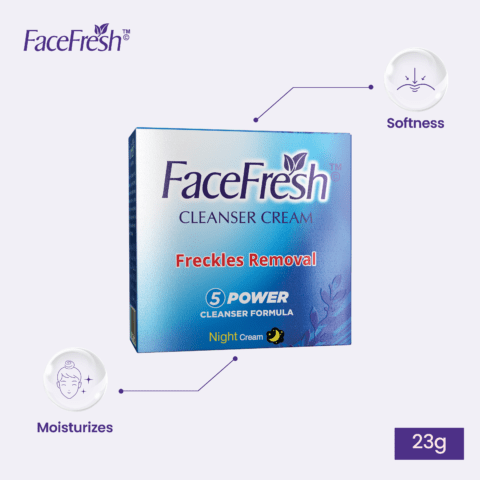
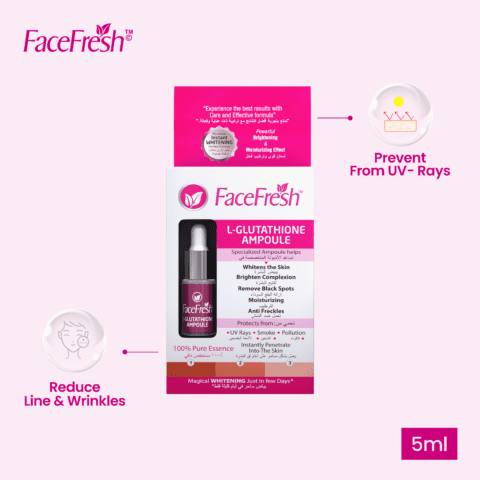
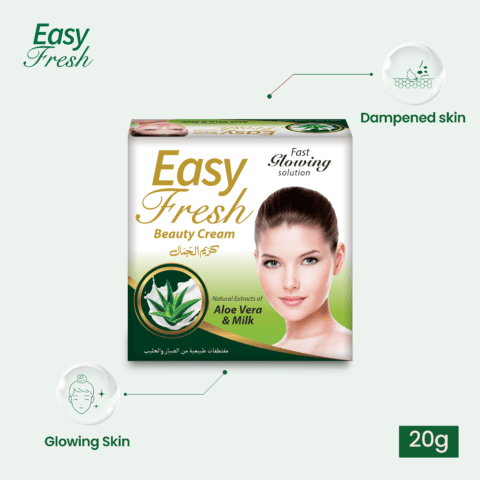
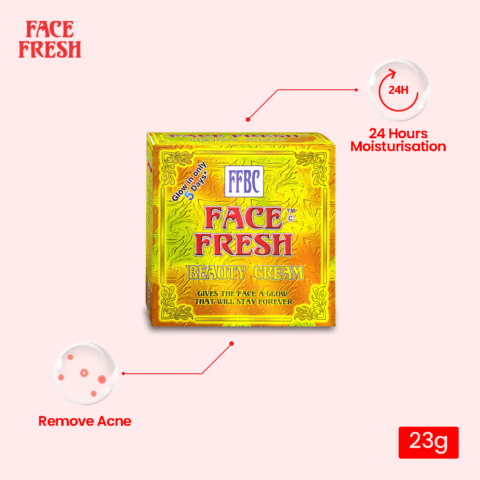
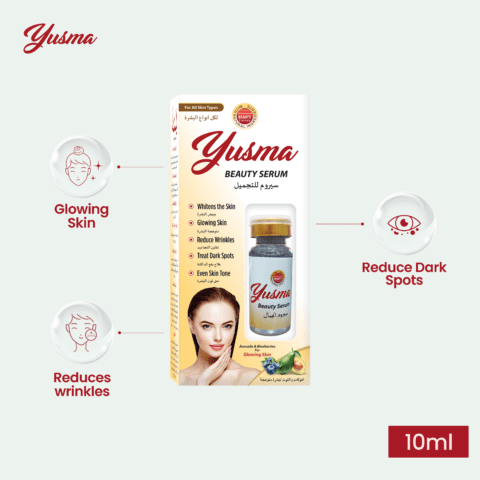

Leave a comment
Your email address will not be published. Required fields are marked *